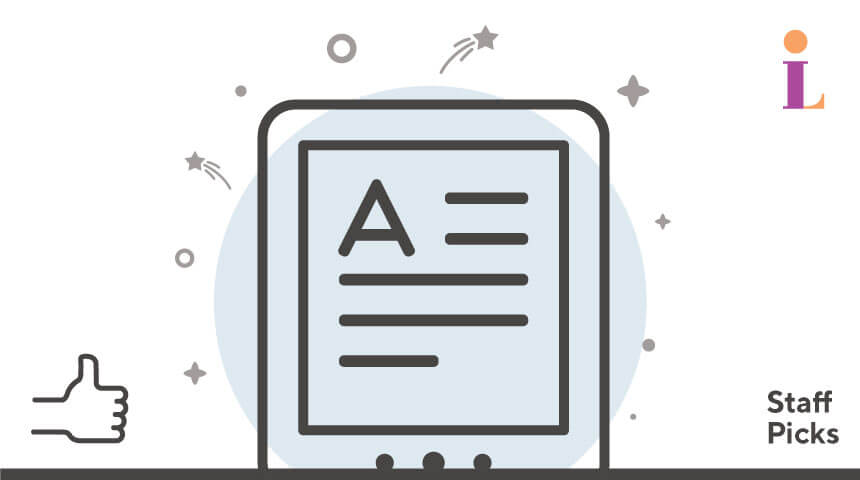Whether we are engaging in social activism and working for social justice for the first time or as a regular practice, we must be prepared for ongoing growth and learning. As something that is often characterized as a “fight,” This work can (necessarily) cause trauma and stress. After all, it involves learning about historical trauma and/or having to educate or inform others about personal and historical trauma.
The books listed below offer varying perspectives on mitigating or understanding how this work might affect you as an individual as well as the impact on a countrywide and global scale.
These titles – and many more! – are always available to check out for free with your Carnegie Library of Pittsburgh account. You can link to Hoopla through our eResources page and view a Hoopla tutorial here.
Interested in more book recommendations? Fill out our Book Recommendation form and a librarian will curate a list of suggestions for you! Contact Carnegie Library of Pittsburgh on any of our social media platforms or email us at info@carnegielibrary.org with any questions.
In addition to personal research and reading, be aware that there are organizations that have dedicated themselves to providing mental health care for Black individuals. These include Steel Smiling in Pittsburgh and The Loveland Foundation nationwide. If you are in need of services, these organizations have funds to help people access therapy.
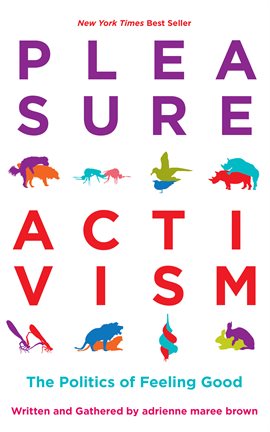
“Pleasure Activism” edited by adrienne maree brown
Activism often emerges out of pain or the desire to mitigate systems that cause pain to groups of people. In this collection of essays, writers explore how to use pleasure to find power in activism.
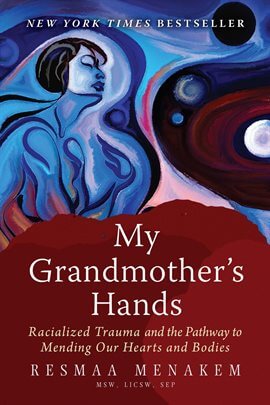
“My Grandmother’s Hands: Racialized Trauma and the Pathway to Mending Our Hearts and Bodies” by Resmaa Menakem
Menakem, a counselor, explores how the trauma of racism in America affects the body and mind, and how healing might look for individual bodies and minds.
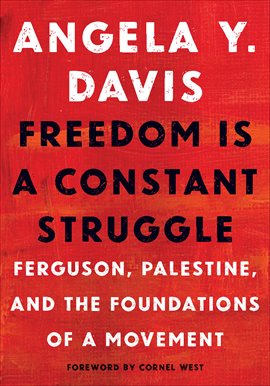
“Freedom is a Constant Struggle” by Angela Y. Davis
A collection of essays and speeches by the longtime activist Angela Y. Davis, this book looks at connections between liberation struggles around the world.
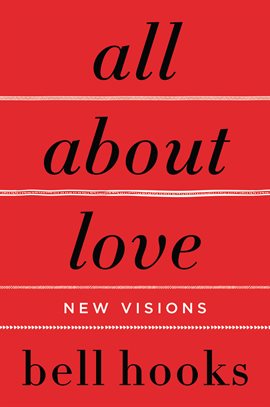
“All About Love: New Visions” by bell hooks
hooks explores and critiques the concept of love in how it is thought of in American society and offers different lenses and ways of applying love to societal healing.
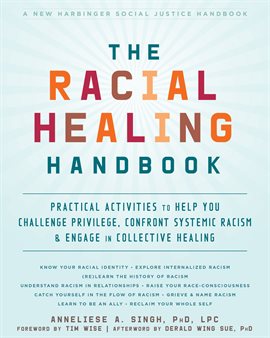
“The Racial Healing Handbook” by Anneliese A. Singh
Aimed at a reader who is exploring these concepts for the first time, this handbook offers exercises to learn and unlearn how racism functions as a system in our lives.
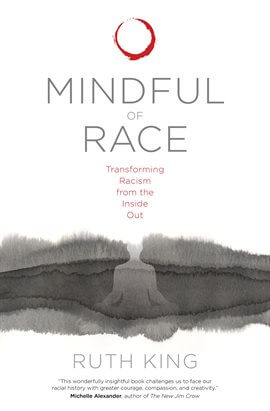
“Mindful of Race: Understanding and Transforming Habits of Harm” by Ruth King
In a book useful for both the activists doing the work of educating and combating racism and those who want to learn more about strengthening the mind as it engages in trying to understand the intersections of racial tension, King offers guided practices for meditation and mindfulness that engages with the varied emotions that can surface during this work.
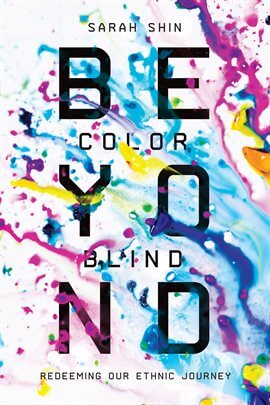
“Beyond Colorblind: Redeeming Our Ethnic Journey”by Sarah Shin
A Christian-centered approach to how racial identity in the church is often ignored and shouldn’t be, each chapter ends with questions and was to engage with the ideas within.
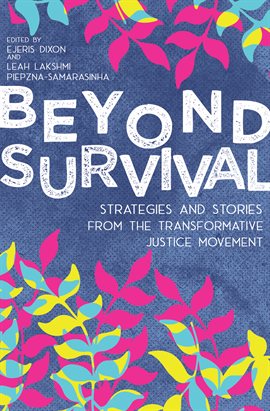
“Beyond Survival: Strategies and Stories from the Transformative Justice Movement” Edited by Ejeris Dixon and Leah Lakshmi Piepzna-Samarasinha
An essay collection that delves into forms of justice that don’t depend on punishment, police or the carceral system. Not a guide, but a way to realign your thinking and reprocess how you have moved through harm in your life and how you might reimagine that for the future.
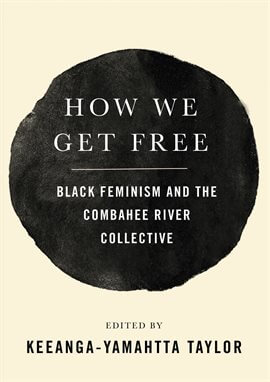
“How We Get Free: Black Feminism and the Combahee River Collective” edited by Keeanga-Yamahtta Taylor
To understand the Black Lives Matter movement today and Black feminism, it is essential to learn about the Combahee River Collective. Edited by one of the founders of the Collective, this collection of interviews and essays is a great starting point.
Looking for more? Check out other Social Sciences titles on Hoopla.

